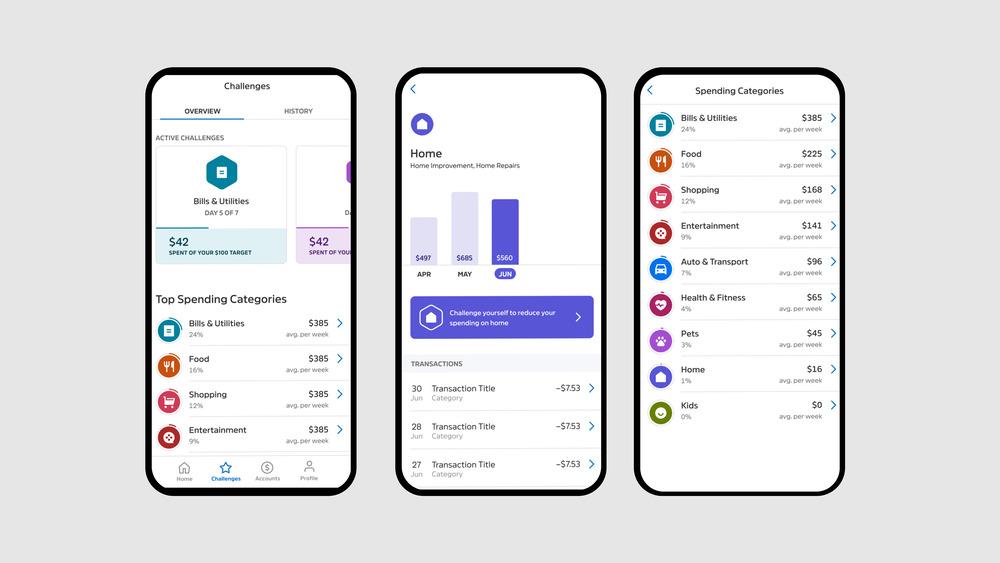The Ultimate E Money App Comparison: Which One is Right for You?

In an era where digital transactions are becoming the norm, e money apps have emerged as essential tools for managing finances seamlessly. Whether you’re looking to streamline payments, manage expenses, or make secure transfers, the right e-money app can make a significant difference. This article provides a comprehensive comparison of popular e-money apps to help you find the one that best suits your needs.
1. PayPal
Overview: PayPal is one of the most widely recognized e-money apps globally. It allows users to make payments, transfer funds, and manage transactions across various platforms.
Key Features:
- Global Reach: Accepted in over 200 countries.
- Security: Strong encryption and buyer protection.
- Integration: Easily integrates with e-commerce sites and online marketplaces.
- Mobile Payments: Supports in-store payments with PayPal QR codes.
Pros:
- User-friendly interface.
- Extensive buyer protection.
- Fast transfer times.
Cons:
- Transaction fees for receiving money.
- Currency conversion fees can be high.
Best For: Individuals and businesses looking for a reliable, widely accepted payment solution with strong security features.
2. Venmo
Overview: Venmo, a subsidiary of PayPal, caters primarily to U.S. users and is known for its social payment features.
Key Features:
- Social Feed: Allows users to share payment activities with friends.
- Instant Transfers: Provides immediate access to funds for a fee.
- Bill Splitting: Simplifies splitting costs with friends.
Pros:
- Intuitive, social media-like interface.
- Quick transactions between users.
- No fees for standard transfers.
Cons:
- Limited to U.S. users.
- Social feed might not appeal to all users.
Best For: Social users and millennials who want to split bills and make payments with friends effortlessly.
3. Revolut
Overview: Revolut offers a wide range of financial services, including international money transfers, currency exchange, and crypto trading.
Key Features:
- Multi-Currency Accounts: Hold and exchange 30+ currencies.
- Cryptocurrency Support: Buy, sell, and hold cryptocurrencies.
- Travel Benefits: No foreign transaction fees and travel insurance.
Pros:
- Competitive exchange rates.
- Extensive financial services beyond payments.
- No hidden fees on international transactions.
Cons:
- Premium features require a subscription.
- Customer service can be slow.
Best For: Frequent travelers and users interested in cryptocurrency trading or managing multiple currencies.
4. Square Cash (Cash App)
Overview: Cash App, developed by Square Inc., is known for its straightforward approach to sending and receiving money, as well as its additional financial features.
Key Features:
- Cash Card: A debit card linked to your Cash App account.
- Direct Deposit: Receive salary directly into your Cash App account.
- Investing: Buy stocks and Bitcoin directly through the app.
Pros:
- Easy-to-use interface.
- Free transactions between users.
- Investment opportunities within the app.
Cons:
- Limited international functionality.
- No phone support for customer service.
Best For: Users looking for a simple, integrated app with additional features like investing and a linked debit card.
5. Google Pay
Overview: Google Pay offers a convenient way to make payments using your phone, either online or in-store, and integrates with various Google services.
Key Features:
- Integration: Works with Google services and many retailers.
- Contactless Payments: Supports NFC for in-store transactions.
- Rewards: Offers cashback and rewards for certain transactions.
Pros:
- Easy integration with Android devices.
- Secure payments using biometric authentication.
- Seamless experience with Google services.
Cons:
- Limited to Android users for in-store payments.
- Fewer features compared to some competitors.
Best For: Android users seeking a seamless payment experience integrated with their Google ecosystem.
6. Apple Pay
Overview: Apple Pay provides a secure and efficient way to make payments through Apple devices, with a focus on privacy and integration within the Apple ecosystem.
Key Features:
- NFC Payments: Contactless payments using Apple devices.
- Privacy: Uses tokenization to keep your payment information private.
- Integration: Works with various apps and online merchants.
Pros:
- Secure and private transactions.
- Easy integration with iOS devices.
- Support for loyalty and reward cards.
Cons:
- Limited to Apple devices.
- Not universally accepted in all countries.
Best For: Apple users who want a secure, integrated payment solution within their iOS ecosystem.
Conclusion
Choosing the right e money app depends on your specific needs and preferences. PayPal is ideal for a wide range of users seeking a globally recognized platform. Venmo excels in social payments and bill splitting. Revolut offers extensive financial services for international travelers and cryptocurrency enthusiasts. Cash App provides a simple, integrated solution with added investment features. Google Pay and Apple Pay are best for users looking for seamless integration with their respective ecosystems.
When selecting an e-money app, consider factors such as fees, security features, usability, and additional services offered. Each app has its strengths, and the best choice will align with your financial habits and preferences.
- Art
- Causes
- Crafts
- Dance
- Drinks
- Film
- Fitness
- Food
- Spiele
- Gardening
- Health
- Startseite
- Literature
- Music
- Networking
- Andere
- Party
- Religion
- Shopping
- Sports
- Theater
- Wellness
- IT, Cloud, Software and Technology


